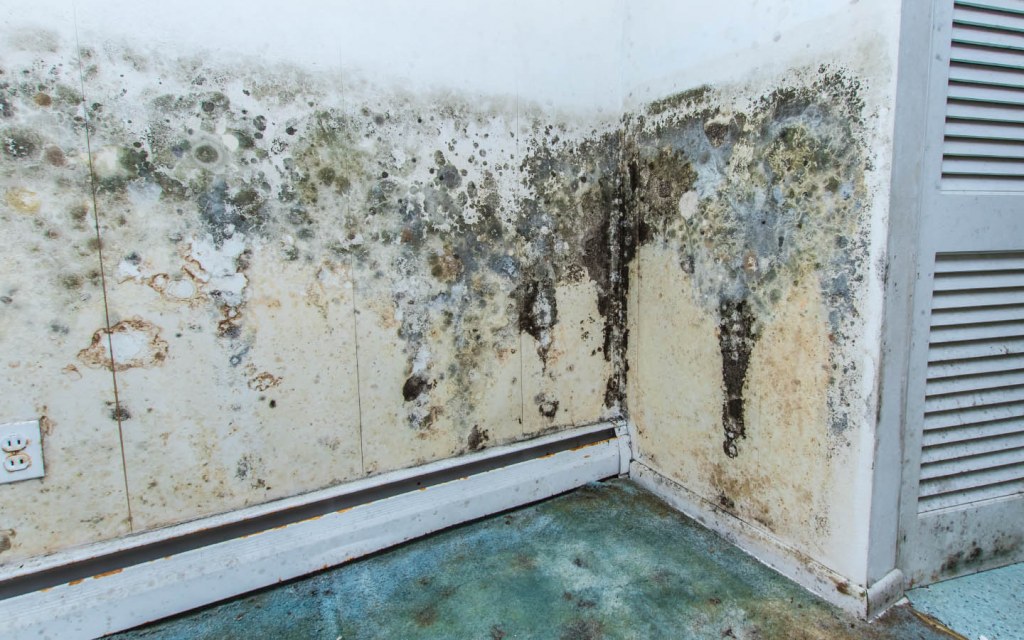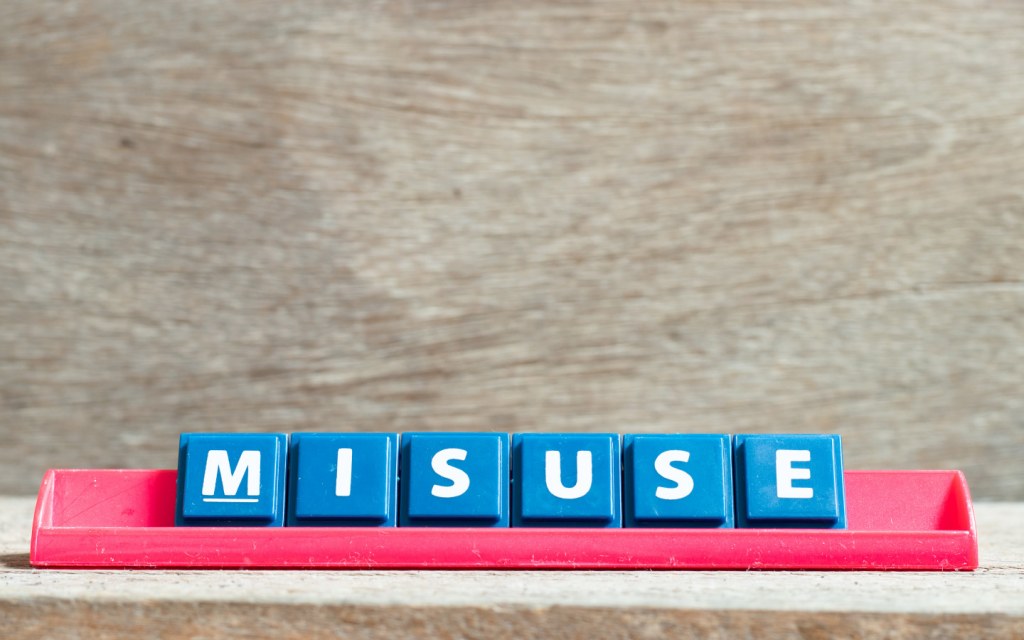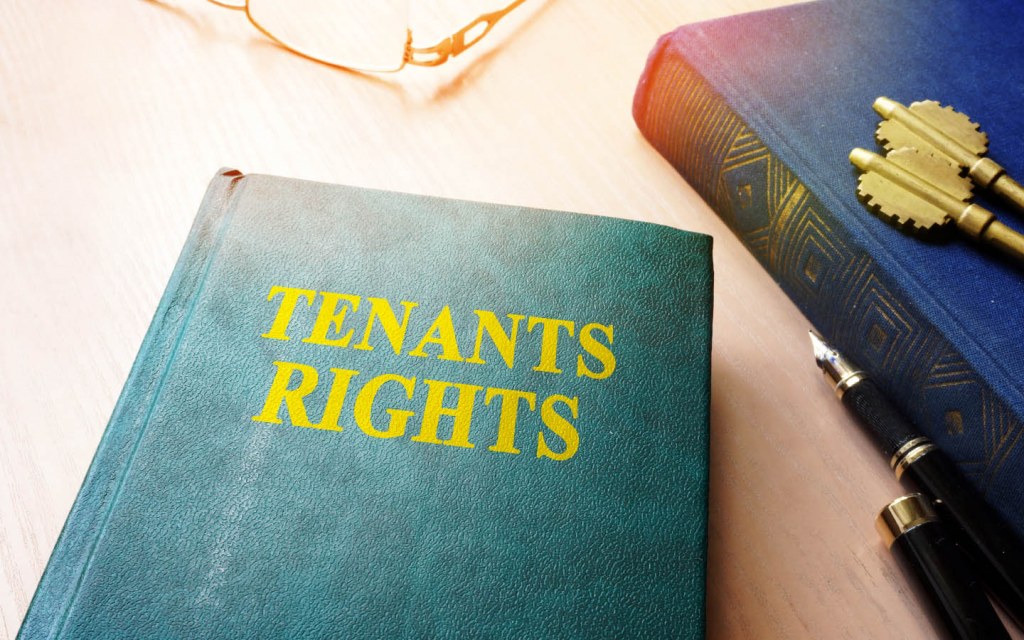It is an undeniable fact that ownership of a property can trigger plenty of arguments between a buyer and a seller, a landlord and a tenant, or the neighbours, and even family members. Besides, there’s a significant number of believers buying the fact that they have the right to do what they want in or with their property. Since such is the scenario, they sometimes forget that the surrounding properties are somehow associated and affected by their conduct. Hence, it is only natural to have property disputes in such cases.
Furthermore, property disputes in Pakistan occur quite frequently since arguments over wealth, self-indulgence, and feuds over rightful ownership are common even between blood relations. To help you avoid such power struggles and allow the law and common sense to prevail, here are some legit resolutions to some of the most common residential property disputes.
Some Common Property Disputes and Their Resolution
Although taking matters to court can be a solution for residential property disputes, it doesn’t guarantee a satisfactory resolution, at times. As they say, “precaution is better than treatment”, so a far more harmonious way is to read everything before you sign on the dotted line carefully. To help you get a better idea of what could go wrong, and avoid most common property scams by reading the below mentioned their resolution:
Dispute #1: Title of the Property

Imagine you have finally taken the leap of faith and purchased a property of your own. It is the abode of your dreams, and you have a lot on your plate right now – moving, decorating, or renovating. Nonetheless, you’ve picked the best available deal in the market even though it is your very first purchase in the real estate market.
As per property law, the title serves as an evidence of ownership and when it remains unchanged even after the property is purchased – sadly, the property still belongs to the previously titled owner and not the current buyer. This dispute is usually common among first-time property buyers when they’re not familiar with the ways of real estate markets and are completely relying on deceitful mediators.
Resolution: Disputes regarding the title of property occur due to deceitful communications, but there are certain ways to be vigilant and stay alert. A simple way to avoid title frauds is by thoroughly checking the authentication of the property documents. The verifying process is quite simple, and it can be done by hiring lawyers, and ensuring the title of the property is changed – so no one can make a claim.
Dispute #2: Inheritance and Will

Death is an inevitable part of life, and while the pain of losing a loved one is too much to handle, conflicts regarding inheritance and the legal status of the will make matters further painful. At times, when people have passed their prime age, they usually transfer their belongings to their offspring – by verbal will. They, somehow, are not aware of the fact that the said words have very little value in courtrooms and legal documents. However, probate doesn’t necessarily have to be sorted when the person is dying – or is about to die. It is simply the legal right given to someone to deal with the money, property, and other possessions of someone who has passed away. This type of dispute is usually common among family members – siblings, specifically – and business partners.
Resolution: In cases where a written will exists, probate can be done easily, and the process is quite simple, usually beginning with confirming whether the deceased person has registered a will or not. If there is a will, it is only natural that it states the name of the responsible person – the executor – for managing the possessions. Problems arise when the will doesn’t exist – in such scenarios, the next of kin has to put a claim to be entitled as the administrator for the deceased person’s property/possessions. Right after the executor or administrator has been declared, the person becomes liable to:
- Pay dues in terms of tax and loans or any other debts
- Collect assets including money from sale or rent
- Distribute the assets/estate to other beneficiaries as per the law
Dispute #3: Damaged Property and Noisy Neighbourhood

The rule of caveat emptor still applies when you’re buying a property which means the buyer is solely responsible for verifying the quality, suitability, and sustainability of the purchased property – any damage discovered after the purchase is made cannot be claimed against the seller. Finding damages after the property is purchased is quite a common property dispute – buyers usually tend to find damp areas, house infestations or even worse, knotgrass while moving in or shortly after.
In other cases, buyers expect something (usually appliances, fixtures, or furniture) to be complemented with the purchase of the property – as promised by the seller, but after signing the deal – they find the seller not living up to their verbal promise.
Resolution: Although we wish that may the odds be in your favour, there are high chances for tiff with property ownership – that’s just natural. However, matters such as property damages and deceitful contracts is a legal matter, and there’s no other practical solution to it. On the other hand, there’s also not much to be done about unfriendly neighbours other than bringing the matter to the local management or committee.
Dispute #4: Property Ownership Dispute

When you share a particular thing with someone, let’s just say, a fence, a wall, or maybe a piece of land or business, at times, the dispute arises when it comes to transferring or maintaining the shared resource– the question is often placed on the property ownership, and hence it turns into a dispute. The possible conflicts regarding property ownership dispute arise when the possession is either joint or common. Besides maintenance costs, partners often wonder about their share, and it is most likely to lead to several property ownership disputes.
Resolution: In order to avoid property ownership disputes, it is necessary to understand the type of partnership/responsibility that is being shared with the other person. In the case of a joint partnership, if one partner passes away or withdraws from the property – the liability/benefits are by default transferred to the other person. This type of partnership is most common among married couples, and the will is considered to be void in such cases.
However, the general partnership is a share of the ownership that is equally divided among owners and must total up to 100%. Also, partners are free to withdraw or sell/transfer their share, whenever they want.
It is necessary to understand that the contract should be clear and state the responsibilities/benefits shared among all the partners.
Dispute #5: Tenancy Issues

While we all wish for our real estate dealings to complete smoothly, there are often situations which can cause a dispute. Some common tenancy issues arise in three cases: rent renewal, maintenance and repair, and rent expiration. To provide a greater surety in rental agreements, both parties need to be on the same page, before the transaction is completed. However, tenants should be extra careful and avoid some common mistakes during rental agreements.
Resolution: Always keep in mind that the court will not entertain a tenancy dispute without any solid evidence or a valid tenancy contract. To avoid conflicts between tenants and landlords, here’s what can be done.
Rent Renewal: Navigating residential property disputes can be complex, to say the least. This goes true, especially in cases when the landlord wishes to renew the rent amount, and you’re not well-informed. Most rental agreements mention a fair duration before the renewal amount is applied – which means that the renter should be informed at least 90 days prior by the landlord. As for the tenant, it is their responsibility to verify that the rent renewal is fairly calculated in compliance with the state’s rental policies on residential properties.
Likewise, if the tenant is expecting a decrease in the renewal amount, it should be negotiated within the timeframe specified in the rental contract.
Maintenance and Repair: Allocation of responsibilities in rental properties is most common among residential property disputes. Typically, the cost of maintenance and repairs is usually honoured by the landlord, but both parties must agree to it. However, landlords are responsible for structural maintenance, and the tenants are accountable for minor repairs.
Rent Expiration: One of the gravest mistakes that tenants usually make is to deposit the security amount without mentioning the return upon eviction. While the onus is on the landlord to clarify the process of restoring damages when the rent agreement expires, tenants should confirm the same with the rental contract ahead of time. The contract should have clemency for fair wear and tear and also state reinstatement obligations to let the eviction/expiration go smoothly. In scenarios where the landlords fail to pay the full deposit, tenants hold the right to file a case against them.
Do you have any queries or suggestions? Get in touch with us and drop an email at blog@zameen.com. To become a real estate expert yourself, keep following Zameen Blog – Pakistan’s #1 real estate blog. Make sure you’re following us on Instagram, liking us on Facebook and networking with us on LinkedIn too.



